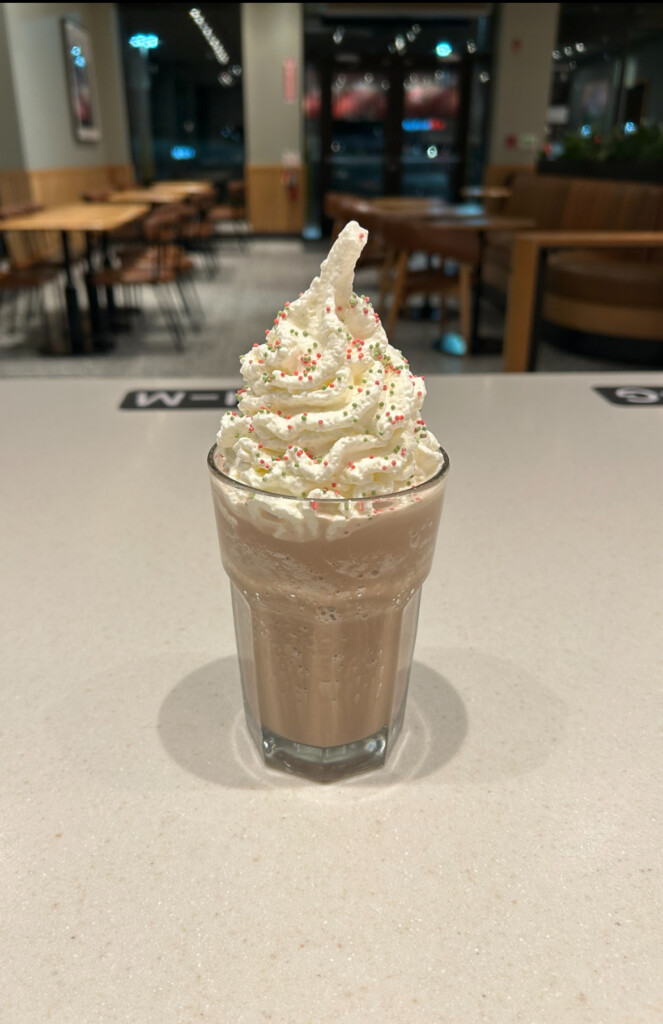The Rochester Philharmonic Orchestra put on its second Pops Concert of the year this past weekend, featuring the Mambo Kings, a jazz ensemble native to Rochester.
The first half of the concert featured only the RPO, and opened with Gershwin’s ever-popular “Cuban Overture.” Jeff Tyzik, the principal Pops conductor, noted at the beginning of the concert that this piece has “unmistakable Gershwin melodies and Cuban rhythms.”
Gershwin’s overture is a great example of how American composers have been influenced by the Latin world.
After playing a spirited Spanish dance, the RPO played a tango arranged by Tyzik. Tyzik arranged the tango for “an instrument that does well dancing” ? a tuba. Featuring principal tuba player Jeffrey Anderson, the piece opened the minds of some audience members, including the man sitting beside me.
When Anderson first walked on stage, my neighbor muttered, “A tuba? Is he sure?” only to add later, “Hmm ? I liked that.”
Bizet’s “Danse Boheme” from “Carmen” was next on the program. Tyzik introduced this piece saying that “only one piece in ‘Carmen’ is actual Spanish music.” According to Tyzik, the “Danse Boheme” is not that piece, although “you’d be hard-pressed to tell” because it sounds very Spanish.
The “Danse Boheme” was followed by a piece commissioned by the Minnesota Symphony for two trumpets and orchestra, titled “Compadres.” Principal trumpet Douglas Prosser stepped into the spotlight for this work. Tyzik played the other trumpet part while conducting the orchestra.
Tyzik deserves accolades for his ability to play a wonderful trumpet part with Prosser, while simultaneously conducting the orchestra. While I was skeptical when I realized that Tyzik would be both playing and conducting, watching Tyzik conduct with his trumpet was extremely enjoyable.
Finally, after the intermission, the Mambo Kings performed.
The group is made up of pianist Richard DeLaney, bassist Bob State, percussionist Tony Alvarez and drummer Freddie Coln on congas.
While Latin music is by no means new, the Mambo Kings are one of the first groups to play Latin music with an entire orchestra. Formed in 1991, the quartet is becoming recognized and respected across the nation for their ability to tastefully combine traditional Cuban music with the more modern dance rhythms and improvisational melodies of Latin music.
The rest of the evening featured not only the Mambo Kings alone, but works for both the quartet and the RPO. Pieces included “Blue Mambo a la Turk” and “Oye Come Va,” the latter being a tune that was originally played by Grammy winning Latin musician Carlos Santana.
All of the pieces were amazing, and the quartet pieces ? pieces not listed in the program ? often featured solos. This concert exposed the audience to all sorts of different Latin music, from relaxed pieces like “Cumbanchero,” which means “The Ranch” in English, to more upbeat ensemble-oriented works.
After the concert, I went down to the lobby, where I asked an elderly couple why they had attended the concert.
“I wanted to attend a performance of something new and inspiring,” the woman said, giving a perfect description of the concert.
Another person with whom I spoke had seen the Mambo Kings perform with the RPO in 1999, and said that this performance was “all [he’d] expected and more.”
When I left the Eastman Theatre, I realized how surprised I had been by the wide range of ages of the audience members. Many older people came to enjoy the concert, which allowed me to appreciate the fact that modern music can appeal to all ages.
Like so many other people after the performance on Friday night, I understood why the Mambo Kings were so popular. As Tyzik said when he introduced the ensemble at the start of the evening, the Mambo Kings are truly one of today’s most “refreshing” ensembles.
Jansen can be reached at cjansen@campustimes.org.

